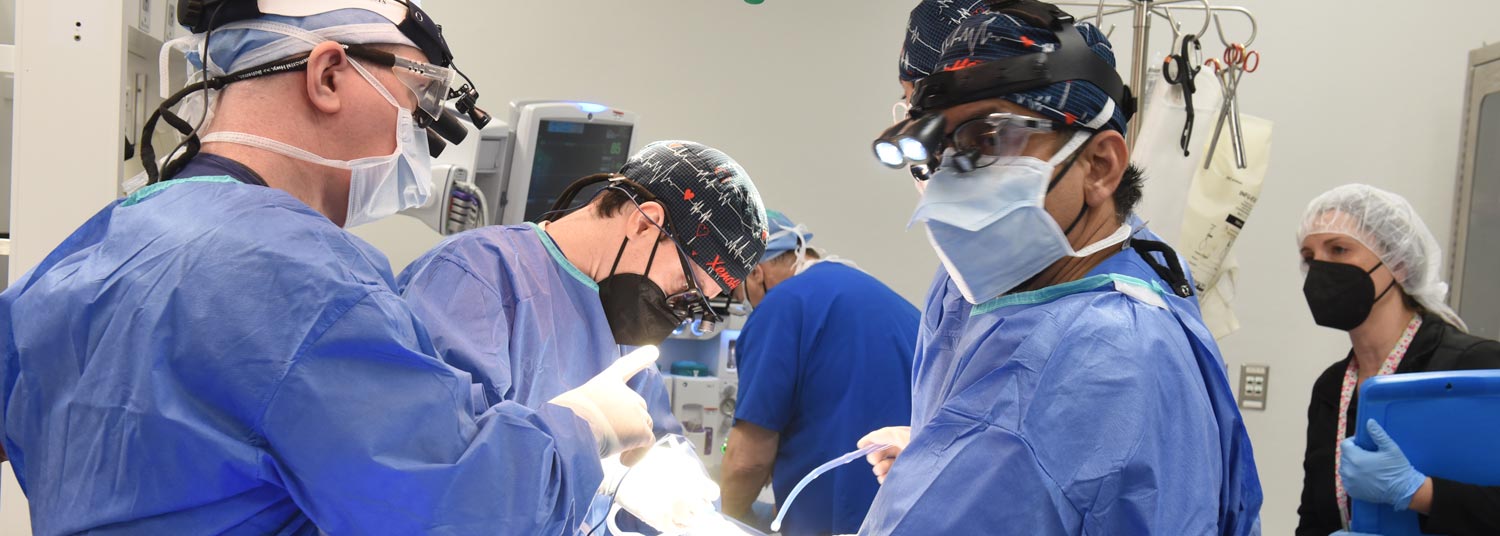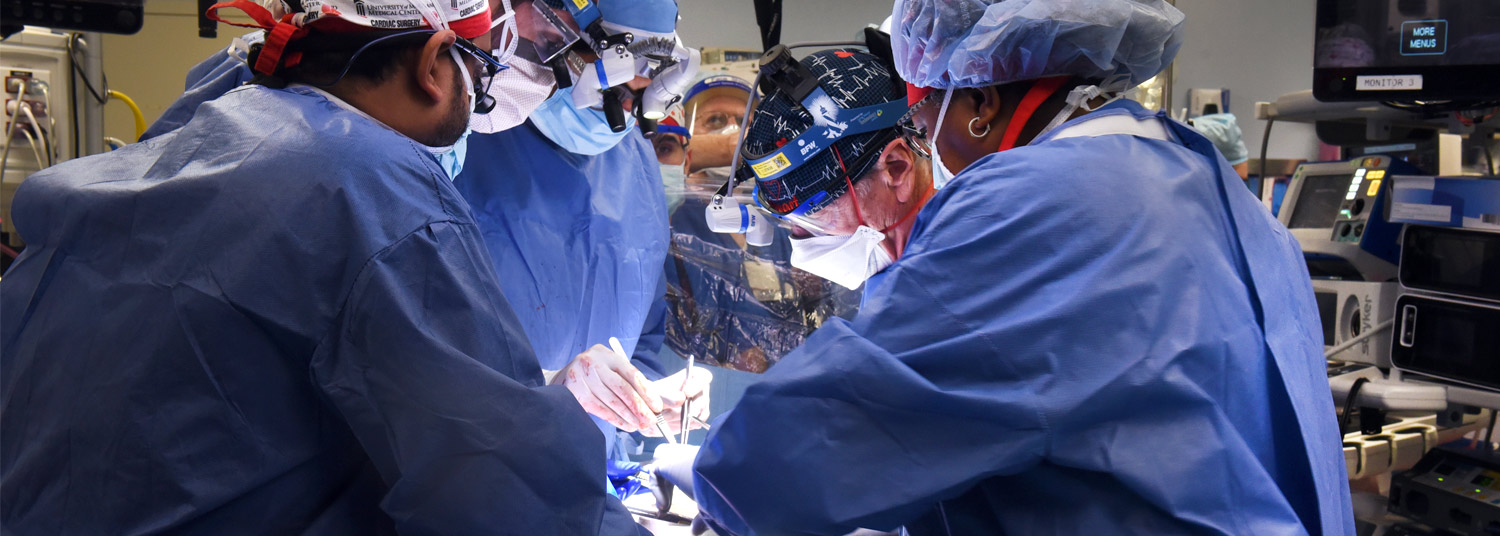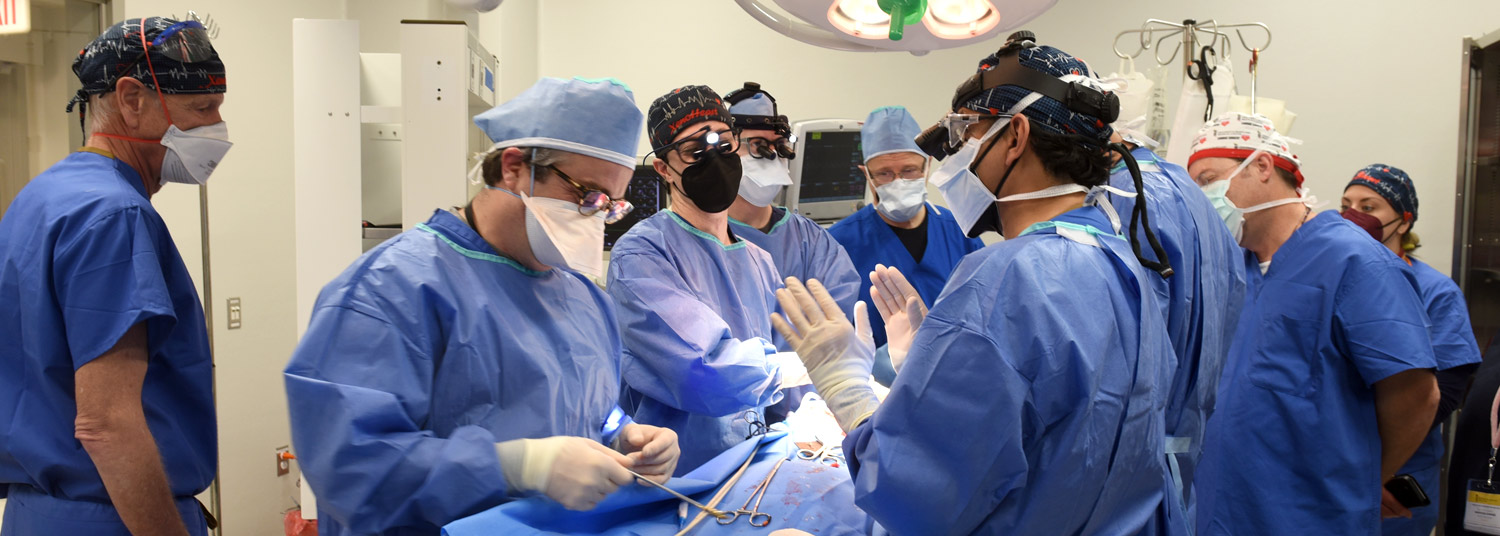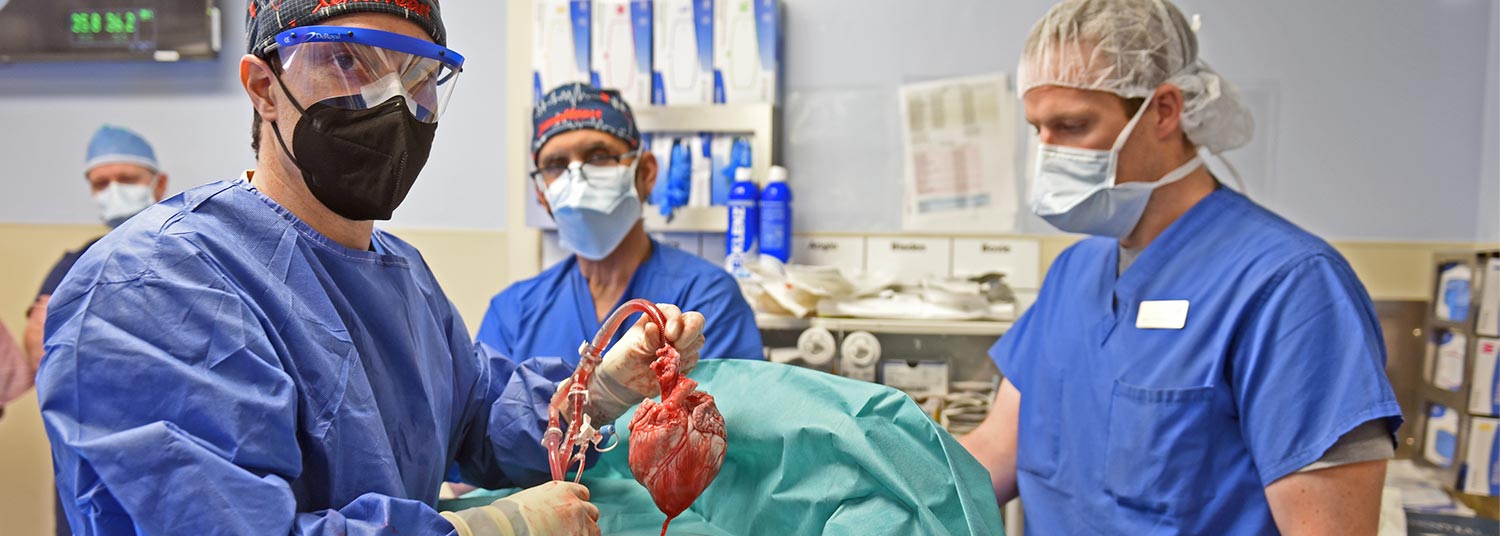Cardiac Xenotransplantation Resources for the Media
Cardiac Xenotransplantation News
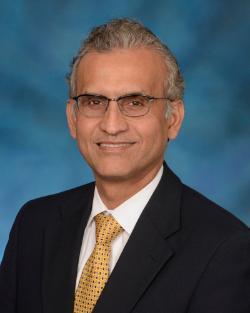
Muhammad M. Mohiuddin, MBBS
Scientific/Program Director, Cardiac Xenotransplantation Program
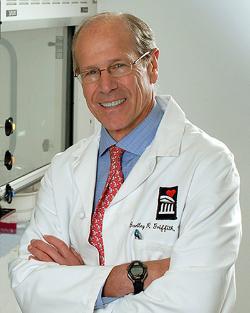
Bartley P. Griffith, MD
Thomas E. and Alice Marie Hales Distinguished Professor of Transplant Surgery
Clinical Director, Cardiac Xenotransplantation Program
The University of Maryland School of Medicine is considered one of the world’s foremost research centers to study the transplantation of genetically-modified animal organs, known as xenotransplantation.
Muhammad M. Mohiuddin, MD, Professor of Surgery at UMSOM, joined the UMSOM faculty in 2017 and established the Cardiac Xenotransplantation Program with Bartley Griffith, MD, the Thomas E. and Alice Marie Hales Distinguished Professor of Transplant Surgery. Dr. Mohiuddin serves as the program’s Scientific/Program Director and Dr. Griffith as its Clinical Director.
About 110,000 Americans are currently waiting for an organ transplant, and more than 6,000 patients die each year before getting one, according to the federal government’s organdonor.gov.
Xenotransplantation could potentially save thousands of lives, but does carry a unique set of risks, including the possibility of triggering a dangerous immune response. These responses can trigger an immediate rejection of the organ with a potentially deadly outcome to the patient.
On January 7, 2022, Dr. Griffith and Dr. Mohiuddin led a team that conducted a historic surgery, implanting a genetically-modified pig heart into a 57-year-old patient with terminal heart disease. It was the only currently available option for the patient who did not qualify for a human heart transplant. He was treated for two months post-transplant at the University of Maryland Medical Center before dying from heart failure.
This organ transplant demonstrated for the first time that a genetically-modified animal heart can function like a human heart without immediate rejection by the body.
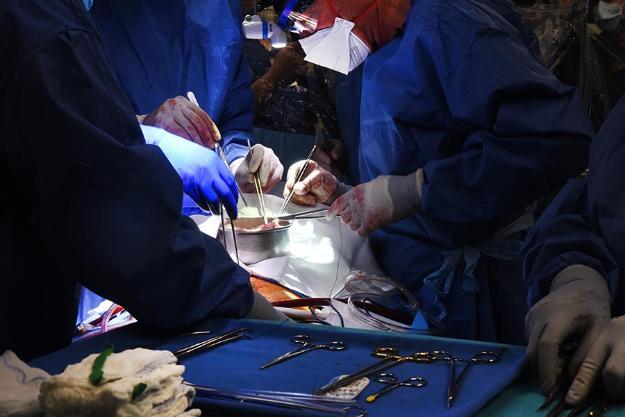
During the nearly two years since the first surgery, UMSOM faculty-scientists have extensively investigated Mr. Bennett’s experience with the world’s first genetically modified cardiac xenotransplant. They published their initial findings in the New England Journal of Medicine and then published their follow-up findings from an extensive investigation in The Lancet.

